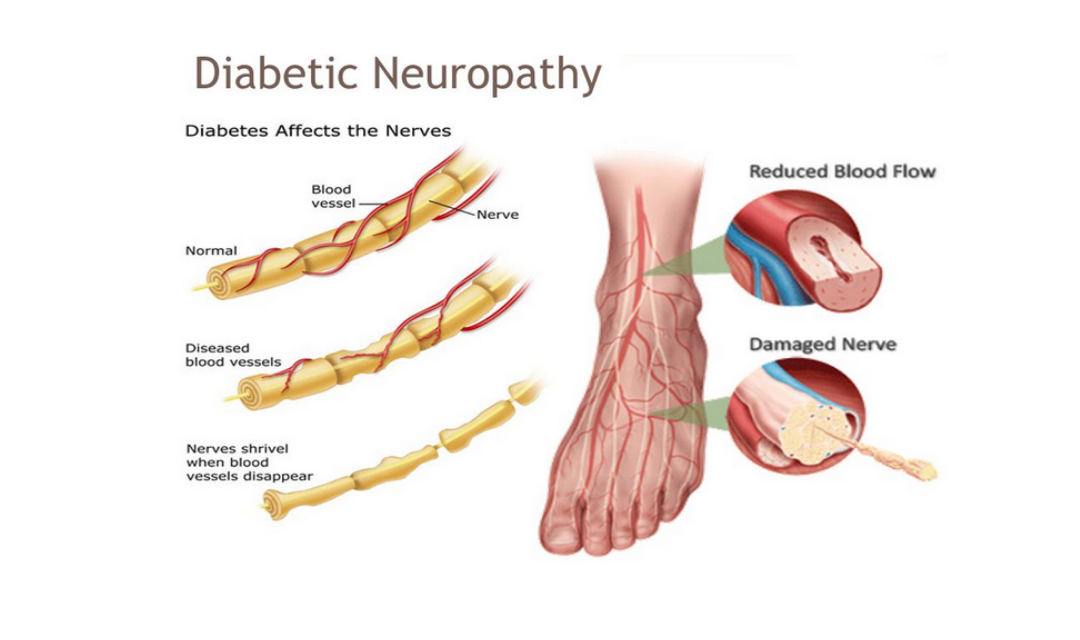Epilepsy is a complex neurological condition characterized by recurrent seizures. The development of epilepsy can be influenced by a variety of factors and triggers, including:
- Genetics: Family history plays a significant role in some cases of epilepsy. Certain genetic mutations or predispositions can increase the likelihood of developing the condition. If a close family member has epilepsy, the risk may be higher.
- Structural Brain Abnormalities: Structural abnormalities in the brain can contribute to epilepsy. These can include brain tumors, brain malformations, and scar tissue resulting from head injuries or infections. Such abnormalities can disrupt normal brain function and trigger seizures.
- Developmental Disorders: Some developmental disorders, such as autism and neurofibromatosis, are associated with an increased risk of epilepsy. These conditions affect brain development and may lead to the onset of seizures.
- Infections: Infections that directly affect the brain, such as meningitis or encephalitis, can damage brain tissue and potentially lead to epilepsy. The inflammation and scarring resulting from these infections can disrupt normal electrical activity in the brain.
- Head Injuries: Traumatic brain injuries, often caused by accidents or falls, can increase the risk of epilepsy. Seizures may occur soon after the injury or develop months or even years later.
- Metabolic Disorders: Certain metabolic disorders, such as Wilson’s disease or phenylketonuria (PKU), can cause imbalances in the body’s chemical processes. These imbalances can affect brain function and trigger seizures.
- Vascular Issues: Conditions that impact blood flow to the brain, including strokes and vascular malformations, can cause epilepsy. Disrupted blood flow can lead to brain cell damage and seizures.
- Toxic Exposures: Exposure to toxins, heavy metals, or lead poisoning can harm brain tissue and contribute to the development of epilepsy.
- Alcohol or Drug Abuse: Chronic alcohol or drug abuse can lead to changes in brain function, which may result in seizures, especially during withdrawal or overdose.
- Autoimmune Disorders: Some autoimmune disorders, such as systemic lupus erythematosus or multiple sclerosis, can affect the central nervous system and increase the risk of seizures.
- Perinatal Injuries: Brain injuries occurring during birth or in the perinatal period (around the time of birth) can lead to epilepsy in some cases.
It’s important to note that not all individuals with these risk factors will develop epilepsy, and the presence of these factors does not guarantee the onset of the condition. Additionally, in many cases, the cause of epilepsy may remain unknown (idiopathic). Diagnosis and management of epilepsy require careful evaluation by healthcare professionals to determine the underlying factors and develop an appropriate treatment plan.
Unlock the path to better neurological health with Dr. Amit Shah, the leading neurologist in Kandivali. Prioritisation your well-being and book your appointment today. Get in touch with us now!




